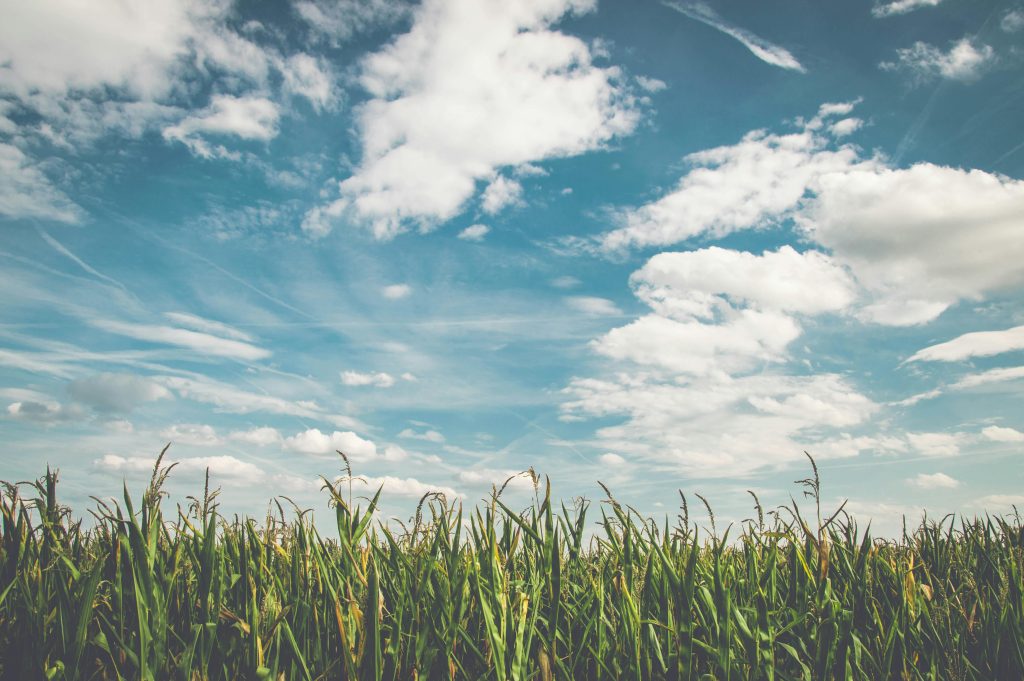What a Registered Valuer Looks for When Assessing Farm Valuation Key Factors That Affect Value
Factors That Affect Farm Value, valuing farmland involves far more than measuring hectares and comparing recent sales. Each agricultural property is unique — from its soils and structures to its economic potential and legal constraints.
When I’m appointed to carry out a valuation in the Garden Route or surrounding areas, I apply a structured, evidence-based process that goes well beyond surface-level inspection. In this article, I’ll walk you through the key elements I assess when valuing agricultural land.
Table of Contents
1. Soil Quality and Land Use Capability
The type and condition of the soil influence what the land can be used for — and therefore its value. I examine:
- Soil type and fertility
- Erosion or drainage issues
- Past land use and crop rotation
- Suitability for irrigation or dryland farming
A property suited to high-value crops such as macadamias or vineyards will have a very different value to land used primarily for grazing or game.
2. Water Availability and Rights
In the agricultural sector, water access is as critical as location. I consider:
- Legal water rights and allocation
- Boreholes, dams, rivers and catchment systems
- Irrigation infrastructure
- Water quality and reliability
This aspect is one of the key factors that affect farm value in areas where drought, rainfall variability, or licensing constraints may impact future use and profitability.
3. Improvements and Infrastructure
Permanent improvements can significantly affect a property’s value. These may include:
- Fencing, paddocks, kraals, or feedlots
- Packhouses, cold storage or workshops
- Staff accommodation and secondary dwellings
- Roads, drainage and security features
- Electricity supply and access to services
Valuations account not just for the presence of these improvements, but for their condition, compliance, and relevance to the land’s use.
4. Farm Dwellings and Residential Components
Many agricultural properties include a primary residence as well as cottages or worker housing. These structures are inspected and measured, with factors such as:
- Age and condition
- Size and layout
- Modernisation or renovation history
- Occupancy (owner-occupied, tenanted, vacant)
Each dwelling is valued separately and then incorporated into the final calculation, depending on the purpose of the valuation. The dwelling is often not one of the key Factors That Affect Farm Value but it is taken into account.
5. Income-Generating Potential
In some cases, especially for farms run as businesses, the income potential is a key part of the valuation. I may assess:
- Historical financial records
- Crop yields or livestock output
- Operating costs
- Market access and input prices
Where relevant, an income-based valuation method (such as the discounted cash flow or income capitalisation method) may be applied alongside market-based comparisons.
6. Zoning, Land Use Rights and Restrictions
Zoning regulations directly affect what the land can be used for and any future development potential. I review:
- Current zoning status and title deed conditions
- Agricultural, mixed-use or rural residential designations
- Environmental restrictions or heritage overlays
- Subdivision or rezoning potential
This is particularly important in cases where landowners are exploring the sale, development, or repurposing of agricultural land.
7. Location and Market Conditions: One of the Key Factors That Affect Farm Value
Even within the Garden Route, agricultural land markets differ greatly. I consider:
- Proximity to agricultural hubs, co-ops or transport routes
- Recent comparable sales in the area
- Demand for certain types of farming land (e.g. lifestyle farms vs commercial operations)
- Regional economic trends and seasonal patterns
This broader market context ensures that valuations are grounded in realistic, comparable data.
Why Professional Valuation Matters
Farm valuations are often required for legal, financial, tax or estate purposes. A professionally prepared report ensures factors that affect farm value are taken into account:
- Compliance with regulations and tax requirements
- A credible basis for dispute resolution or asset division
- Accurate information for sale, financing, or strategic planning
Estate agents or informal appraisals often miss the deeper factors that affect rural value. A registered professional valuer applies recognised methods and supports every finding with evidence.
Request an Agricultural Valuation in the Garden Route
If you need a valuation for a farm, smallholding, or agricultural investment property in George, Mossel Bay, Oudtshoorn or anywhere in the Garden Route, I offer independent, professional assessments tailored to your needs.
Get in touch to book a consultation or request a quote.
Claire King 072324407
Also have a look at the following related articles:
Eight Common Mistakes Farmers Make When Valuing their Property
Agricultural Valuations for Estate Planning and Inheritance
Selling Your Agricultural Property? Start with a Registered Valuation
Agricultural Property Valuations in George – a complex challenge for Valuers
Follow us on Facebook!
Interested in Farm Valuations? Check out more at the SAIV website.
